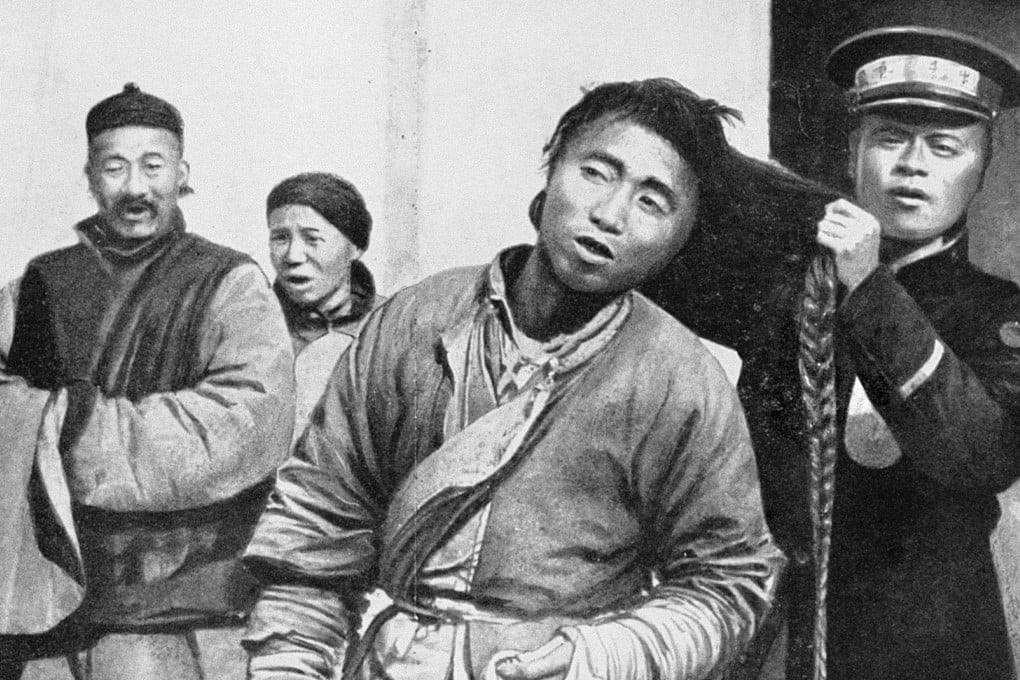Reflections | What Qing-era Han-Manchu ethnic clash has in common with Hong Kong, Taiwan today
In all three situations, enemies were made of two groups of people whose differences have already blurred with time

On a recent trip to Taipei, I had a conversation with a local friend on the intractable political and social schisms in Taiwan, a path that Hong Kong, going by the current state of affairs, seems destined to follow.

My friend’s version of events, informed by a specific viewpoint, like all narratives, is similar to criticisms directed at Sun Yat-sen and his fellow anti-Qing-dynasty revolutionaries for inciting hatred against the Manchu people in the early 1900s, at a time when the differences between the Manchu and Han Chinese had become indistinct. The ethnic hatred they whipped up resulted in massacres of Manchu communities in the course of the 1911 Xinhai revolution. Most Manchu adopted Han Chinese family names at the time to stay safe. It was only after the Qing dynasty was overthrown that the anti-Manchu rhetoric was wound down.

